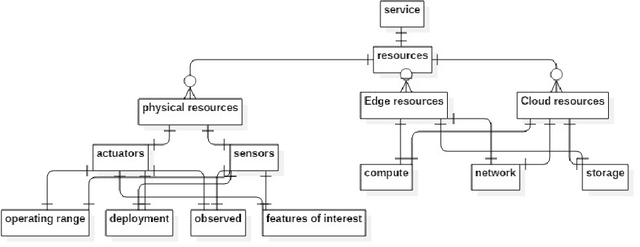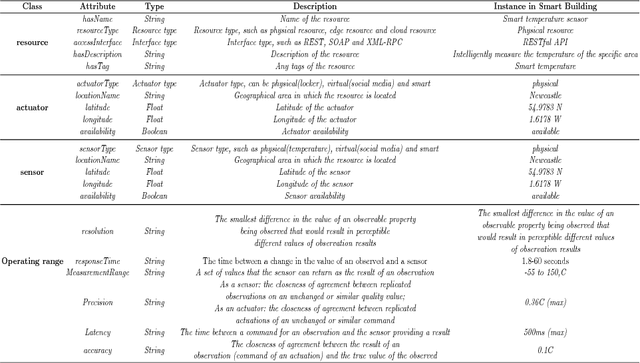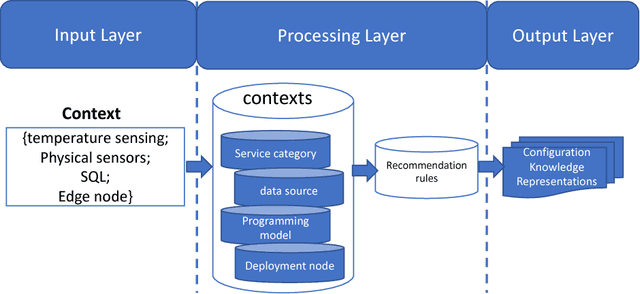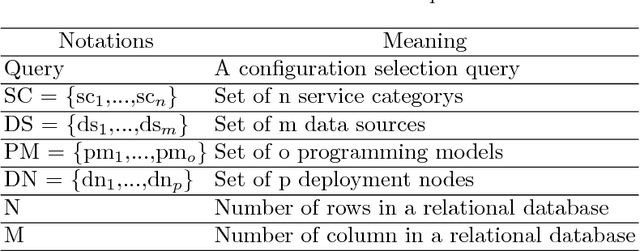Ellis Solaiman
Context-Aware Visualization for Explainable AI Recommendations in Social Media: A Vision for User-Aligned Explanations
Aug 01, 2025Abstract:Social media platforms today strive to improve user experience through AI recommendations, yet the value of such recommendations vanishes as users do not understand the reasons behind them. This issue arises because explainability in social media is general and lacks alignment with user-specific needs. In this vision paper, we outline a user-segmented and context-aware explanation layer by proposing a visual explanation system with diverse explanation methods. The proposed system is framed by the variety of user needs and contexts, showing explanations in different visualized forms, including a technically detailed version for AI experts and a simplified one for lay users. Our framework is the first to jointly adapt explanation style (visual vs. numeric) and granularity (expert vs. lay) inside a single pipeline. A public pilot with 30 X users will validate its impact on decision-making and trust.
Transparent Adaptive Learning via Data-Centric Multimodal Explainable AI
Aug 01, 2025Abstract:Artificial intelligence-driven adaptive learning systems are reshaping education through data-driven adaptation of learning experiences. Yet many of these systems lack transparency, offering limited insight into how decisions are made. Most explainable AI (XAI) techniques focus on technical outputs but neglect user roles and comprehension. This paper proposes a hybrid framework that integrates traditional XAI techniques with generative AI models and user personalisation to generate multimodal, personalised explanations tailored to user needs. We redefine explainability as a dynamic communication process tailored to user roles and learning goals. We outline the framework's design, key XAI limitations in education, and research directions on accuracy, fairness, and personalisation. Our aim is to move towards explainable AI that enhances transparency while supporting user-centred experiences.
A Circular Construction Product Ontology for End-of-Life Decision-Making
Mar 17, 2025Abstract:Efficient management of end-of-life (EoL) products is critical for advancing circularity in supply chains, particularly within the construction industry where EoL strategies are hindered by heterogenous lifecycle data and data silos. Current tools like Environmental Product Declarations (EPDs) and Digital Product Passports (DPPs) are limited by their dependency on seamless data integration and interoperability which remain significant challenges. To address these, we present the Circular Construction Product Ontology (CCPO), an applied framework designed to overcome semantic and data heterogeneity challenges in EoL decision-making for construction products. CCPO standardises vocabulary and facilitates data integration across supply chain stakeholders enabling lifecycle assessments (LCA) and robust decision-making. By aggregating disparate data into a unified product provenance, CCPO enables automated EoL recommendations through customisable SWRL rules aligned with European standards and stakeholder-specific circularity SLAs, demonstrating its scalability and integration capabilities. The adopted circular product scenario depicts CCPO's application while competency question evaluations show its superior performance in generating accurate EoL suggestions highlighting its potential to greatly improve decision-making in circular supply chains and its applicability in real-world construction environments.
Trust and Dependability in Blockchain & AI Based MedIoT Applications: Research Challenges and Future Directions
Jan 05, 2025Abstract:This paper critically reviews the integration of Artificial Intelligence (AI) and blockchain technologies in the context of Medical Internet of Things (MedIoT) applications, where they collectively promise to revolutionize healthcare delivery. By examining current research, we underscore AI's potential in advancing diagnostics and patient care, alongside blockchain's capacity to bolster data security and patient privacy. We focus particularly on the imperative to cultivate trust and ensure reliability within these systems. Our review highlights innovative solutions for managing healthcare data and challenges such as ensuring scalability, maintaining privacy, and promoting ethical practices within the MedIoT domain. We present a vision for integrating AI-driven insights with blockchain security in healthcare, offering a comprehensive review of current research and future directions. We conclude with a set of identified research gaps and propose that addressing these is crucial for achieving the dependable, secure, and patient -centric MedIoT applications of tomorrow.
A Model-Based Machine Learning Approach for Assessing the Performance of Blockchain Applications
Sep 20, 2023Abstract:The recent advancement of Blockchain technology consolidates its status as a viable alternative for various domains. However, evaluating the performance of blockchain applications can be challenging due to the underlying infrastructure's complexity and distributed nature. Therefore, a reliable modelling approach is needed to boost Blockchain-based applications' development and evaluation. While simulation-based solutions have been researched, machine learning (ML) model-based techniques are rarely discussed in conjunction with evaluating blockchain application performance. Our novel research makes use of two ML model-based methods. Firstly, we train a $k$ nearest neighbour ($k$NN) and support vector machine (SVM) to predict blockchain performance using predetermined configuration parameters. Secondly, we employ the salp swarm optimization (SO) ML model which enables the investigation of optimal blockchain configurations for achieving the required performance level. We use rough set theory to enhance SO, hereafter called ISO, which we demonstrate to prove achieving an accurate recommendation of optimal parameter configurations; despite uncertainty. Finally, statistical comparisons indicate that our models have a competitive edge. The $k$NN model outperforms SVM by 5\% and the ISO also demonstrates a reduction of 4\% inaccuracy deviation compared to regular SO.
A Unified Knowledge Representation and Context-aware Recommender System in Internet of Things
May 24, 2018



Abstract:Within the rapidly developing Internet of Things (IoT), numerous and diverse physical devices, Edge devices, Cloud infrastructure, and their quality of service requirements (QoS), need to be represented within a unified specification in order to enable rapid IoT application development, monitoring, and dynamic reconfiguration. But heterogeneities among different configuration knowledge representation models pose limitations for acquisition, discovery and curation of configuration knowledge for coordinated IoT applications. This paper proposes a unified data model to represent IoT resource configuration knowledge artifacts. It also proposes IoT-CANE (Context-Aware recommendatioN systEm) to facilitate incremental knowledge acquisition and declarative context driven knowledge recommendation.
 Add to Chrome
Add to Chrome Add to Firefox
Add to Firefox Add to Edge
Add to Edge